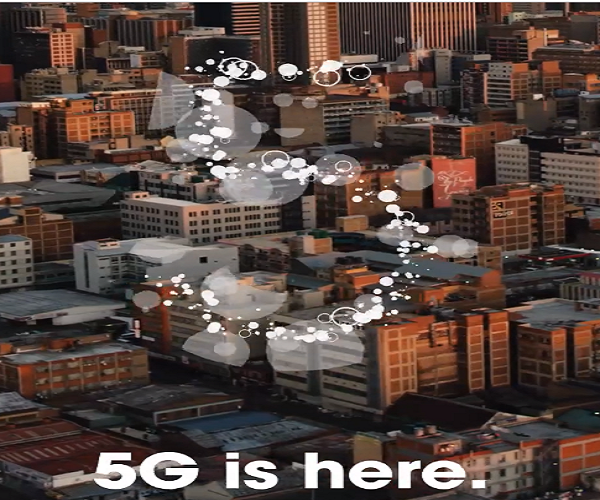The Nigerian Senate has petitioned the Federal Government to suspend its plan to deploy 5G in the country pending the conclusion of a 6-month investigation into possible health risks associated with the latest mobile network technology.
According to the Senate, the decision has been taken following the report of its Joint Committee on Science and Technology, ICT, Cyber Crime, and Primary Health led by Senator Oluremi Tinubu.
The Senate’s latest move effectively nullifies recent efforts to fast-track the deployment of 5G networks across Nigeria.
Rollout plans appeared to have gained momentum when the Nigerian Communications Commission (NCC) disclosed that it had signed a memorandum of understanding (MOU) with the Nigerian Communications Satellite (NIGCOMSAT) on the use of C-Band Spectrum for 5G services in the country.
The C-Band spectrum accounts for 60-70% of the commercial deployment of 5G networks globally.
That said, the purported health and security concerns expressed by lawmakers seem to belie the real reasons for the prolonged delay in 5G deployment.
5G poses no health risks
The Senate itself has admitted that it could not establish any evidence linking 5G to COVID-19, but still maintains it wants to “locally conduct a scientific experimental study over a period of about six months to ascertain if a correlation exists between 5G networks and public health.”


One, therefore, wonders exactly why the government seems reluctant to unveil 5G networks in the country. Several studies have shown that 5G poses no health hazards to users.
Extensive scientific research conducted by bodies including the World Health Organisation (WHO) prove that mobile phone technologies have no adverse health impacts, not just for 5G but for 4G, 3G and 2G as well.
Medical experts say 5G radio waves are non-ionising, which means they lack sufficient energy to break up DNA and cause cancerous cellular damage. In fact, there have been no confirmed reports of associated health dangers in any countries where 5G has already been deployed.
Invariably, the insistence of lawmakers on finding possible 5G-related health risks might just end up being an exercise in futility.
All mobile networks are prone to cyber attacks
As regards security concerns raised by the Office of the National Security Adviser (ONSA) earlier this year, a study by the Global System for Mobile Communications (GSMA) posits that 5G networks do not come with security flaws, but are not “unhackable”.


So, just as with 3G and 4G, users themselves have to be security conscious with the use of their mobile devices.
Like previous-generation networks, 5G networks can be hacked too. If the government went ahead with 4G deployment despite the security risks, then there really is no plausible case to stall 5G rollout.
5G is already live in South Africa and Kenya
In Africa, South Africa and Kenya have successfully deployed 5G with no known complaints so far. MTN and Vodacom’s 5G networks have been live in South Africa since mid-2020 while Safaricom launched Africa’s third 5G network this year.


Perhaps these countries are more incentivised than Nigeria due to having already achieved impressive 3G and 4G coverage. In South Africa and Kenya, 4G penetration stands at 92.8% and 77% respectively.
On the other hand, Nigeria’s 4G network covers just 37% of the population. Hence, there could be an argument for deepening 4G access before rolling out 5G.
Alternatively, it may be that lawmakers recognise that existing telecom sector challenges such as right-of-way disputes and broadband infrastructure deficit will significantly disrupt its 5G rollout plans at this time, ultimately making it a probable failure.
However, one thing is certain: If the government really wants 5G, it will be deployed.






